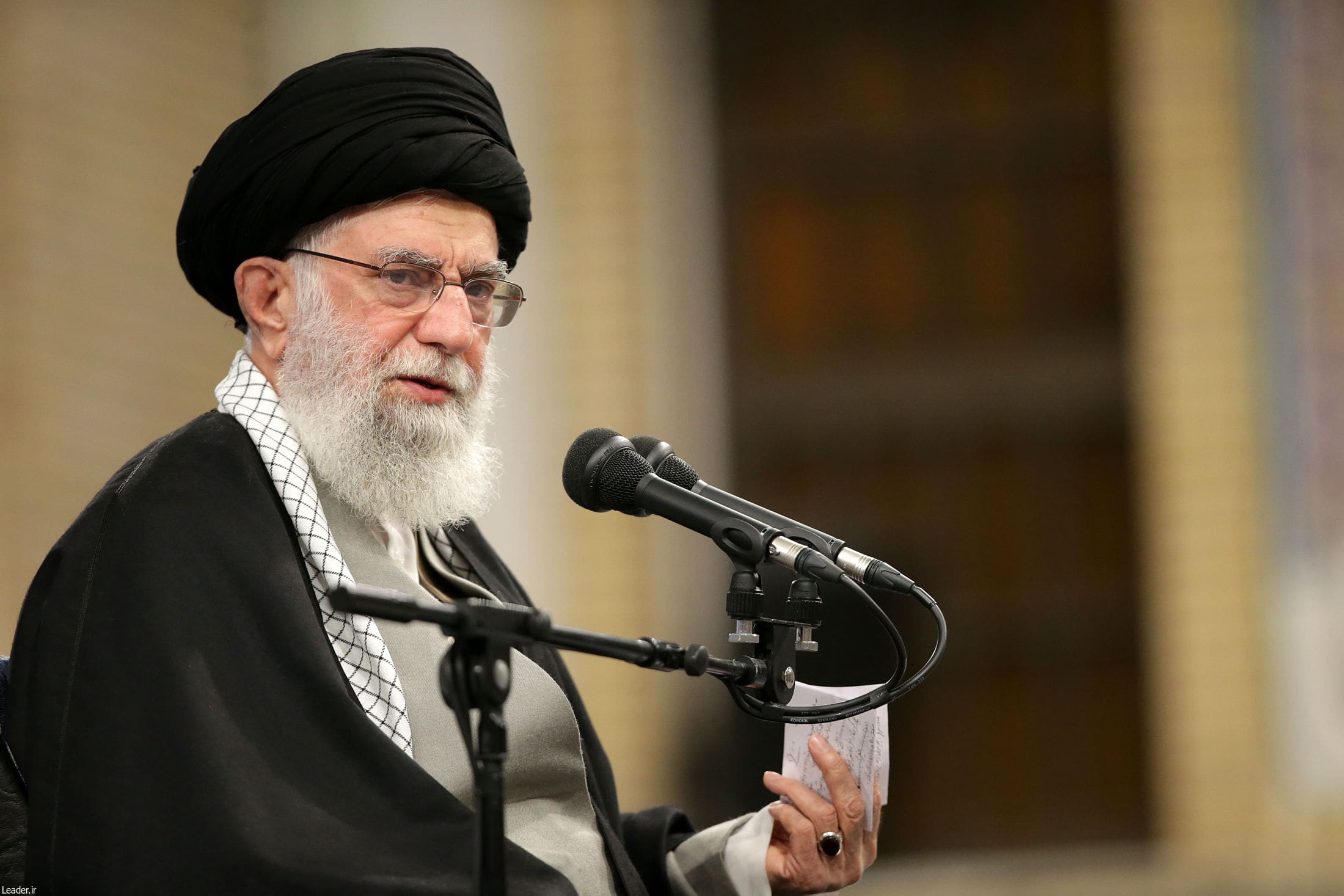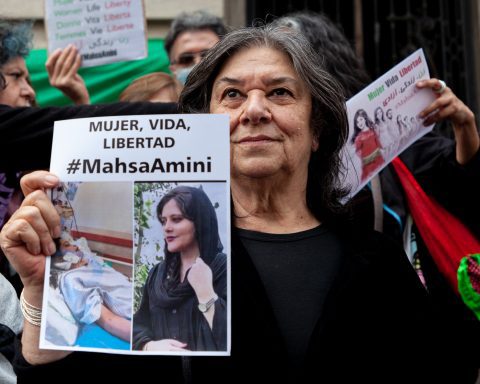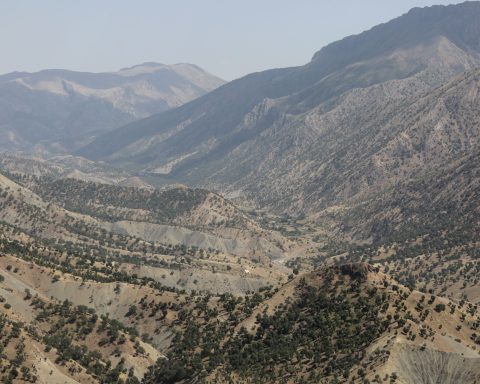On Thursday, the Iranian state-run TV channel reported that Supreme Leader Ayatollah Ali Khamenei backed the decision of the Guardian Council, a top vetting body in the country, to disqualify prominent moderate and conservative candidates who had registered to run in the upcoming presidential election.
Earlier this week, the Guardian Council’s spokesperson announced that the hopefuls’ examination process had been completed, and a list covering names of approved candidates had been handed over to the Interior Ministry. The spokesperson stated that seven out of 529 presumptive nominees were approved, including judiciary chief Ebrahim Raisi.
Although the spokesperson did not reveal any names who are on the list, the semi-official Iranian news agency published a leaked list covering approved candidates. Considering the list, it is seen that heavyweight candidates such as Ishaq Jahangiri, the first deputy of President Rouhani, former Parliament Speaker Ali Larijani, former President Ahmedinejad, and former IRGC commander Saeed Mohammed were not on the list.
On the other hand, the disqualification of some prominent hopefuls caused eyebrows to rise. While some activists have called for a boycott of the election, some opinion surveys, including official ones, estimated that the turnout in the upcoming elections could be as low as 30%.
Amid growing concerns regarding voter turnout, Ayatollah Ali Khamenei called Iranians to participate in the election. Iran’s state-run TV, quoting the Supreme Leader, reported that “Dear nation of Iran, do not pay attention to those who promote that voting is useless… the outcome of the election lasts for years… Participate in the elections.”
Khamanei’s call on Iranians, on the other hand, has been evaluated by analysts as a litmus test in terms of the clerical ruler’s legitimacy in a medium that popular anger against bad economic conditions and restrictions on political freedoms is rising.














